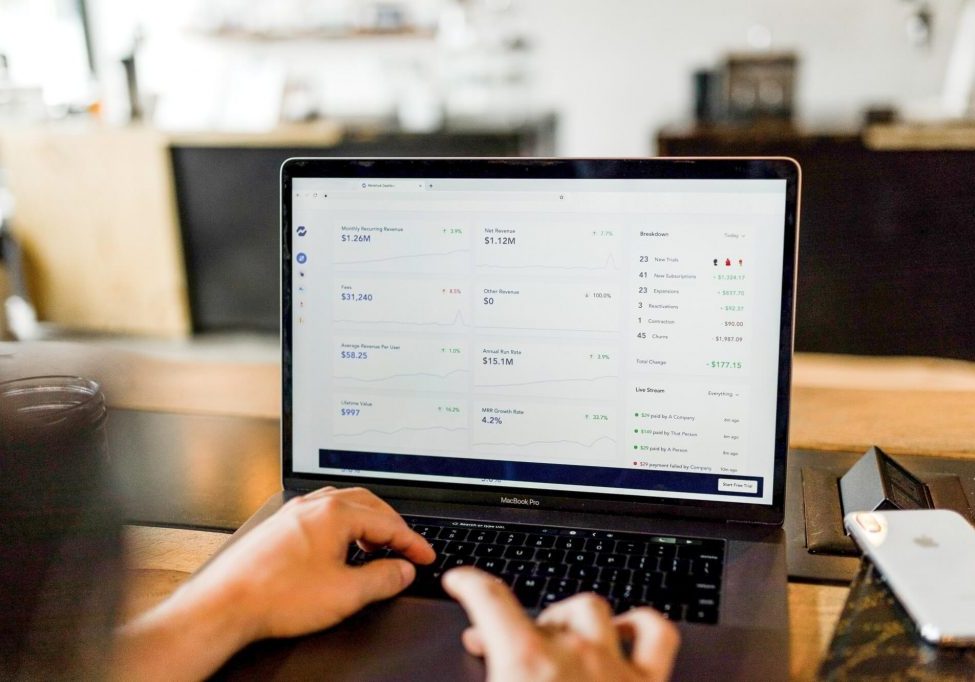10 tips for dealing with debtors as a small business owner

As a small business, it is important to have a solid cash flow in order to secure stable growth. This can make any debtors that arise extremely stressful. Fortunately, there are ways you can deal with debtors without ruining the relationship with them and any potential future business. The best approach is to have systems in place in order to catch debtors before they become a problem. However, not every business has this set up right away. So, to help you out here are 10 tips you should follow in dealing with debtors.
Why people may pay invoices late
There are often many reasons that your client could have struggled to pay the invoice. Most debtors don’t have any malice behind being unable to pay and have simply fallen on hard times. They are overwhelmed running their business and have neglected to pay invoices on time, or they could be struggling with cash flow at that moment. Due to this, it is important to always approach a debtor with this in mind.
How you can deal with debtors
1. Ensure your payment policies are clear
Your payment terms and conditions should be easily accessible and easy to read. It is important that these are clear as you will likely require some clauses surrounding the collection of payment, and overdue fees. Your client should be required to sign that they have read and understood the terms and conditions before you begin any work.
If you are providing credit to a client, provide in the terms the maximum amount of credit you will provide. You should also mention what enables a client to qualify for credit, the payment terms, and the collection process for overdue accounts.
2. Ask for a credit application
Before you provide credit to a client it is a good idea to ask them to complete a credit application. Fortunately, there are a lot of templates online you can use to guide you through this process, especially for b2b sales. If they are making large purchases, it is also a good idea to research them and their history. Use credit bureaus and ask for a trade and bank references before you approve the credit.
3. Review payment patterns regularly
Keep an eye on payment trends with your clients. You may be able to spot problems before they begin. If you see a client who has always paid on time slowly paying later and later, they may be in some financial distress. In this case, you would want to limit the amount of credit you provide them before they struggle further and begin to not pay on time. It is best to review your payments monthly to see how they are trending.
4. Get a deposit
Don’t be afraid to ask for a deposit if they are asking for a large order, are a new client, or have a history of late payments. Getting money upfront can help your cash flow later on if the final payment is late. It is common for some businesses to ask for 50% upfront and 50% on completion of the project. This way, if they are late with the final payment, you at least have 50% of the total.
5. Send invoices out promptly
Ensure your invoices are sent out on time, upon completion of the project or order. This way it is fresh in your clients’ minds and will decrease the likelihood of them forgetting it. You should also keep your payment due dates as close as possible. You want to keep cash flowing into your business quickly and reduce the potential for a forgotten invoice. It is recommended that you keep your payment due date to 7 days after the invoice has been sent.
If a client goes past the due date it is vital that you are on top of following up on the overdue invoice. Xero is a great tool for this. As Xero has automated invoice reminders you can make sure your clients receive regular reminders on the due date and beyond until they have paid.
6. Accept more payment options
Providing more options to pay means you are more likely to be paid sooner. Many clients may struggle with certain payment methods, so accepting a wider variety will ensure they are able to pay you. Of course, different payment methods come with different costs, so factor this into your pricing calculations, or charge a surcharge.
7. Offer discounts for early payment
Offering a discount if your client pays early is a sure-fire way of getting more early payments. Who doesn’t love a discount? Ensure that the discount you are offering still allows you to make a profit on your product or service, otherwise you could be negatively affecting your cash flow.
8. Limit orders from overdue accounts
It is best to not allow people who are in arrears with your business to continue ordering products and services without paying for them upfront. While it may seem like you are losing sales, continuing to allow them to get credit on their purchases will just deepen the debt they owe you and leave you in a bad spot. It is best to not accept orders from these clients, and implement direct debit policies for those who are regular late payers.
9. Get a commitment
Any discussions with the client surrounding an overdue payment should be put down in writing. If there are any new terms agreed to these should be written down and resent to the client. This should include what they have committed to, whether it be a payment plan or a payment amount, and your expectations regarding this. As well as this, ensure the consequences of breaching the agreement are clearly laid out.
10. Ensure you act professionally
In all dealings with late payers, it is important that you keep your cool and act in a professional manner. It can be very easy to get frustrated or angry over late payment, it is, after all, affecting your business too. But by keeping a cool head you will be able to effectively discuss the late payment and negotiate appropriate terms with your client. In being polite you will be more likely to keep their business in the future and will have a far easier time getting them to pay any outstanding amounts.
Conclusion
If you have any outstanding debtors it is important to get on top of them to keep your cash flow in order. Fortunately, if you follow these 10 tips you should have an easier time getting the invoice paid. Always remember the position the debtor may be in. By taking an understanding, and calm approach to the unpaid invoice, you will be more likely to receive great results.
For further advice on invoicing and Xero come have a chat with Link Books.
General advice disclaimer
The information provided on this website is a brief overview and is general in nature. It does not constitute any type of advice. We endeavour to ensure that the information provided is accurate however information may become outdated as legislation, policies, regulations and other considerations constantly change. Individuals must not rely on this information to make a financial, investment or legal decision. Please consult with an appropriate professional before making any decision.




